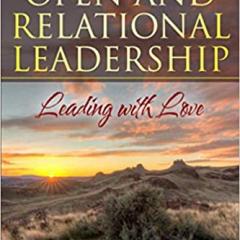The Religious Studies discipline (program currently named 'Studies in Religion' until 2025) seeks to explore how humans have ordered and made sense of their world from ancient times to the present with reference to religious and spiritual thought. Along with critically examining the past, our goal is to adopt a forward-looking, academic approach to understanding religions, belief systems as well as spiritualities, by relating them to contemporary issues. This involves exploring, from a secular perspective, how religious and spiritual issues continue to be at the centre of important modern debates about our place in the world and the shape of our futures. We provide excellent teaching, world-class research, and active community engagement. We offer a critical, multi-disciplinary approach to a range of religious traditions and spiritual experiences. We have a commitment to high-quality teaching through our courses and the supervision of students, enabling them to undertake independent research and immerse themselves in texts and sources relating to their area of interest.
Australia is one of the world’s most culturally diverse nations. Religious Studies is an interdisciplinary academic field that reflects this diversity, drawing together the Humanities, Arts, and the Social Sciences (HASS) to analyse beliefs, religious practices and communities, along with their impacts on Australia and the wider world. Religious Studies takes a secular approach to its subjects that draws upon methods from history, philosophy, anthropology, sociology, psychology, and textual studies in its research and in communicating the ongoing importance of religion, past, present, and future.
Religious Studies provides students with crucial leadership skills to analyse, problem solve, and make informed judgements in diverse, complex, post-industrial modern societies.
Research
The scholars in the Religious Studies group use qualitative, quantitative, textual, and integrative (correlating Christian theology and human scientific/philosophical work) methods in their research.
Our current major research projects consist of the following. First, there is exegetical work being conducted on ancient Sanskrit texts, especially the Mahābhārata and related works, along with analysis of their social, cultural, and political impact throughout the history of India. Others in the group take sociological and anthropological approaches to address issues such as persuasion strategies used by antagonists in the religion and science interaction, spirituality/religion and media persuasion in the anti-vaccination movement in Australia, and well-being and belonging among Muslims in Europe and Australia. Lastly, there is research being carried out on both ecclesial practices (e.g., worship and preaching, counselling) and public ones (healthcare, management of organisations) with the aim of improving these practices. A new initiative driven by the group, in collaboration with colleagues in History and Anthropology, is an investigation into the historical and contemporary diversity of religion in Queensland (the Queensland Atlas of Religion).
The research strengths in the group are Sanskrit textual study, the sociology and anthropology of religion, and practical theology.






